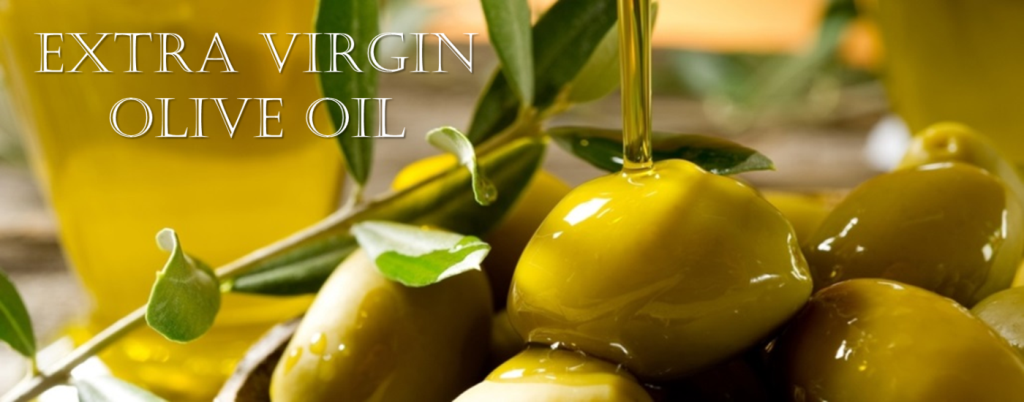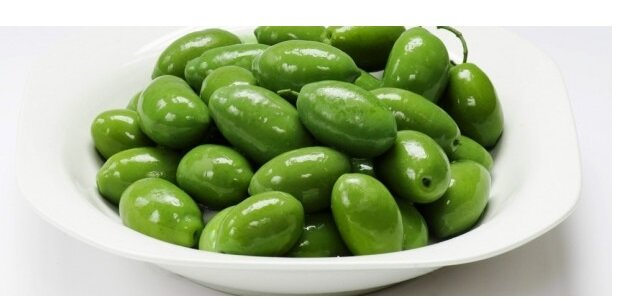Perhaps the world’s healthiest diet, the Mediterranean diet is abundant in fruits, vegetables, whole grains, legumes and olive oil. It features fish and poultry-lean sources of protein-over red meat. Red wine is consumed regularly but in moderate amounts.
Research suggests that the benefits of following a Mediterranean-style eating pattern may be many: improved weight loss, better control of blood glucose (sugar) levels and reduced risk of depression, to name a few. Eating like a Mediterranean has also been associated with reduced levels of inflammation, a risk factor for heart attack, stroke and Alzheimer’s disease.
If the idea of overhauling your entire way of shopping and eating seems daunting, start small. Wiping the slate entirely clean may not be necessary, nor is it sustainable.
Here, we outline steps you can take to move toward a more Mediterranean-style diet. Choose one of these strategies below, and make it a habit. When you’re ready, move onto the next strategy. No matter where you choose to start, these eight tips for starting a Mediterranean diet can help you make over your plate so you can reap the health benefits.

1. Cook with Olive Oil
If you’ve been cooking with vegetable oil or coconut oil, make the switch to extra-virgin olive oil. Olive oil is rich in monounsaturated fatty acids, which may improve HDL cholesterol, the “good” type of cholesterol. HDL cholesterol ferries “bad” LDL particles out of arteries, according to a 2017 study in Circulation. Use olive oil in homemade salad dressings and vinaigrettes. Drizzle it on finished dishes like fish or chicken to boost flavor. Swap butter for olive oil in mashed potatoes, pasta and more.
2. Eat More Fish
The go-to protein in the Mediterranean diet is fish. In particular, this diet emphasizes fatty fish like salmon, sardines and mackerel. These fish are rich in heart- and brain-healthy omega-3 fatty acids. Even those fish that are leaner and have less fat (like cod or tilapia) are still worth it, as they provide a good source of protein. If you currently don’t get a lot of fish in your diet, an easy point of entry is to designate one day each week as fish night. Cooking fish in parchment paper or foil packets is one no-fuss, no-mess way to put dinner on the table. Or try incorporating it in some of your favorite foods, like tacos, stir-fries and soups.
3. Eat Veggies All Day Long
If you look at your diet and worry that there’s barely a green to be seen, this is the perfect opportunity to fit in more veggies. A good way to do this is to eat one serving at snack time, like crunching on bell pepper strips or throwing a handful of spinach into a smoothie, and one at dinner, like these quick and easy side dishes. Aim for at least two servings per day. More is better. At least three servings can help you bust stress, Australian research notes.
4. Help Yourself to Whole Grains
Experiment with “real” whole grains that are still in their “whole” form and haven’t been refined. Quinoa cooks up in just 20 minutes, making it a great side dish for weeknight meals. Barley is full of fiber and it’s filling: pair it with mushrooms for a steamy, satisfying soup. A hot bowl of oatmeal is perfect for breakfast on a cold winter morning. Even popcorn is a whole grain-just keep it healthy by eating air-popped corn and forgoing the butter (try a drizzle of olive oil instead). Supplement your intake with other whole-grain products, like whole-wheat bread and pasta. Look for the term “whole” or “whole grain” on the food package and in the ingredient list-it should be listed as the first ingredient. But if you still find it too hard to make the switch from your old refined favorites, phase in a whole grain by using whole-grain blends of pastas and rice or mixing a whole grain half-and-half with a refined one (like half whole-wheat pasta and half white).
5. Snack on Nuts
Nuts are another Mediterranean diet staple. Grabbing a handful, whether that’s almonds, cashews or pistachios, can make for a satisfying, on-the-go snack. One study in Nutrition Journal found that if people replaced their standard snack (cookies, chips, crackers, snack mix, cereal bars) with almonds, their diets would be lower in empty calories, added sugar and sodium. Plus, nuts contain more fiber and minerals, such as potassium, than processed snack foods.
6. Enjoy Fruit for Dessert
Generally a good source of fiber, vitamin C and antioxidants, fresh fruit is a healthy way to indulge your sweet tooth. If it helps you to eat more, add a little sugar-drizzle slices of pear with honey or sprinkle a little brown sugar on grapefruit. Keep fresh fruit visible at home and keep a piece or two at work so you have a healthful snack when your stomach starts growling. Lots of grocery stores stock exotic fruit-pick a new one to try each week and expand your fruit horizons.
7. Sip (a Little) Wine
The people who live along the Mediterranean-the Spanish, Italian, French, Greek and others-are not known to shy away from wine, but that doesn’t mean you should pour it at your leisure. Dietitians and experts who developed the Mediterranean diet for the New England Journal of Medicine study advised women to stick to a 3-ounce serving, and men to a 5-ounce serving, per day. When you do sip, try to do so with a meal-even better if that meal is shared with loved ones. If you’re a teetotaler, you shouldn’t start to drink just for this diet.
8. Savor Every Bite
Eating like a Mediterranean is as much lifestyle as it is diet. Instead of gobbling your meal in front of the TV, slow down and sit down at the table with your family and friends to savor what you’re eating. Not only will you enjoy your company and your food, eating slowly also allows you to tune in to your body’s hunger and fullness signals. You’re more apt to eat just until you’re satisfied than until you’re busting-at-the-seams full.
























